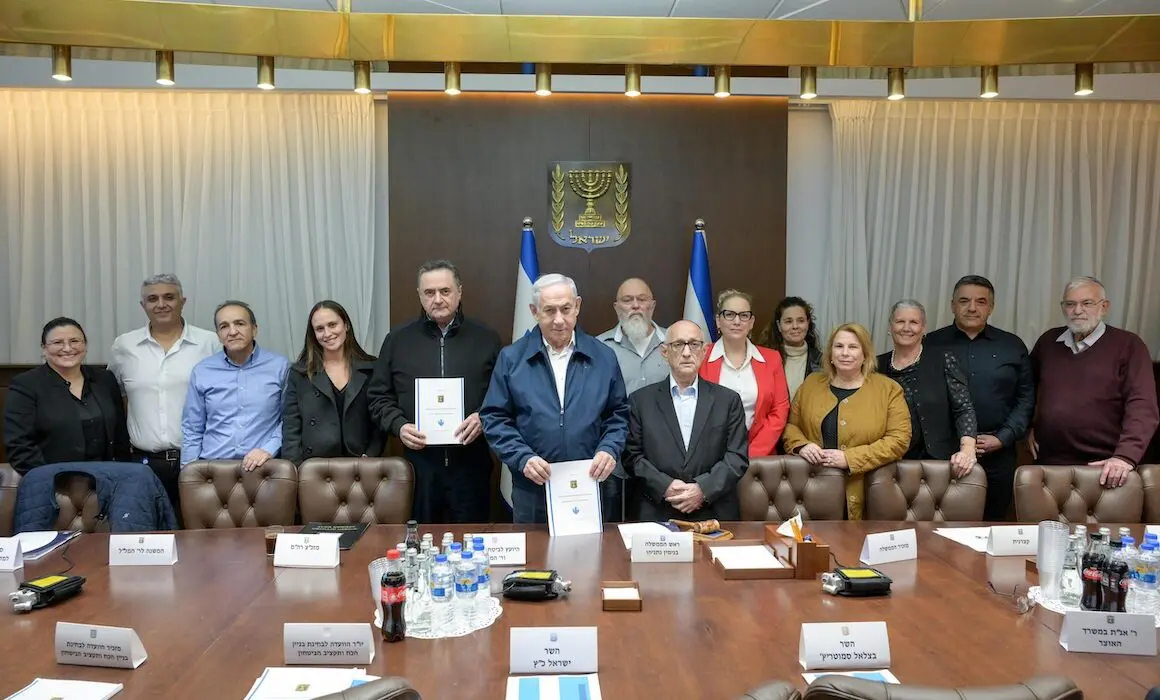Nano-Satellites Collaboration for IAI and Technion

The Faculty of Aerospace Engineering at the Technion and the Space Division at Israel Aerospace Industries (IAI) have signed an agreement to develop and launch a nano-satellite that will enter low-altitude orbit around the moon and collect data using a payload of scientific instruments. The project will be led by Technion students, mentored by IAI space engineers.
“The project will allow students to become partners in a project with the industry and help them reach the end of their studies prepared to be integrated into Israel’s developing space industry,” said Professor Gil Yudilevitch, who initiated and is the Technion faculty lead of the project. On IAI’s side, the project will be headed by the faculty alumnus Niko Adamsky, a space engineer in IAI’s Space Division. The project will give students a firsthand look at IAI facilities and research, and provide them the opportunity to build important and lasting connections with some of the most brilliant minds in space research and exploration.
The joint project is the culmination of a faculty-wide effort to balance the fields of aeronautics and outer space. In the past, only 10% of the faculty syllabus was dedicated to space. The faculty has achieved a more equal balance between the fields by updating the faculty curriculum and hiring new staff members with expertise in outer space.
The collaboration with IAI is one more way Technion President Professor Uri Sivan is revolutionizing education at the Technion and with it, academia as we know it. By investing in research partnerships with respected industry leaders like IAI, the Technion is becoming a platform where industry and academia can do their best work together. Through the process, the Technion has become a hotbed of innovation, with a record number of startup companies being established at the Technion in the past year alone.
Such relationships are as fruitful for industry leaders as they are the Technion, as IAI President and CEO Boaz Levy, an alumnus himself, pointed out: “The Technion, especially the Faculty of Aerospace Engineering, is unique to its kind in Israel and holds a leadership position among similar faculties worldwide. Increasing our cooperation with the Technion produces added value to both sides and will help us strengthen and integrate in creating groundbreaking, challenging, and leading technology in Israel and abroad.”



